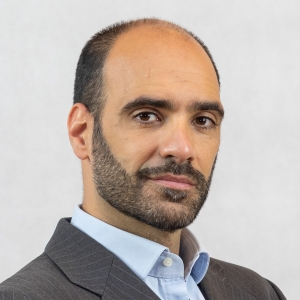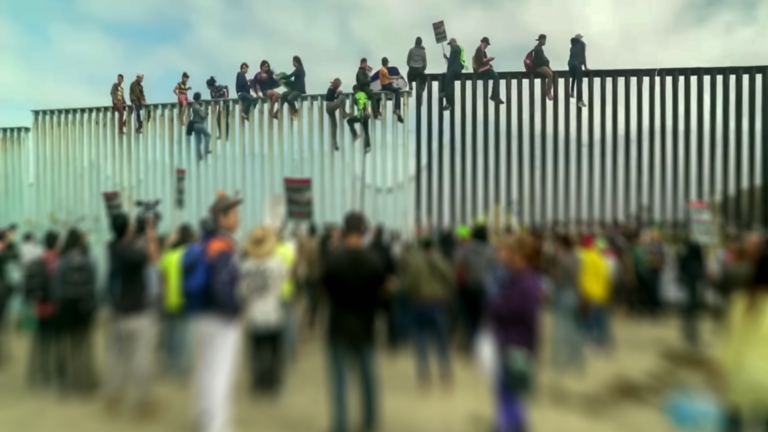On 4 November, Hungary commemorates the 1956 Budapest uprising against the Soviet yoke and its bloody repression. With the solemnity of those who do not forget how tragic history is, they pay tribute to the heroes who took up arms and put the all-powerful Soviet Union, which occupied the country through a puppet government of apparatchiks, on the ropes. A fleeting hope, just a few days, as long as it took Moscow to send the tanks and repress the desire for freedom with its usual brutality.
The revolution failed, but the flame was lit. The Hungarians were the first to shed blood to denounce the sinister reality of Soviet totalitarianism. They planted the seeds of the Prague Spring of 1968 and gave encouragement to the Gdansk shipyard workers whose strikes would be the beginning of the end of the communist nightmare. Hungary was a pioneer. Institutively, against the tide, the country felt that the wind of history was not blowing in the direction others took for granted.
To be right against all odds, to see the grass grow before others, to look at the moon when others look at the finger pointing at it. This seems to be the fate of this country, and of Central Europe in general, whose geographical location between East and West and the tragic past have endowed it with a sixth geopolitical sense and the ability to resist the onslaught of those who, for the sake of convenience, interpret the present in the short-lived light of ideology.
In these times of confusion and cacophony, Hungary's voice continues to be that of the sentinel that watches and warns. Orbán looks at the world with the lucidity of his ancestors, assumes the thankless role of sensing existential dangers in times of amnesia and offers accurate diagnoses when others wallow in moral posturing. Cassandra to the blind, prophet to the cautious, the Hungarian Prime Minister has for twelve years been putting his finger on several sores that portray the blindness of the political and media elites.
Here are four examples:
• The first is the illegal and mass migration and its disastrous consequences in host countries. The link between uncontrolled migration and crime is undeniable. As is the cultural impact of failed integration that ends up in parallel societies in the lost territories of the République or in the Swedish suburbs. Human trafficking is one of the most lucrative forms of trafficking, millions of citizens express their indignation and disgust, and... nothing: the elites continue to tell the immigration story as if it were just an opportunity, a historical inevitability, and the only way to pay pensions.
• The second, the other side of the same coin, is the demographic winter of an entire civilisation that has lost its instinct for survival by drowning in a profusion of prosperity. Anaesthetised, it outsources its continuity today in order to dig its grave even harder tomorrow. It is not alarmed by its extinction, it celebrates it, longs for it, promotes it in the name of the totem of climate change and historical guilt, of the white man.
• The third is the defence of the nation. Geopolitics does not deceive: the war in Ukraine is further proof that the nation is the framework for coexistence par excellence and that "happy globalisation" is a source of fragility and anxiety. In navigating troubled waters, national interest, sovereignty, and roots are much more accurate compasses than the so hackneyed and empty universal values. Yet the globalist Pavlov reflex continues to impose its dogmas and erode nations under the guise of any crisis.
• Fourthly, the importance of ideas in a scenario of a stark culture war. Wokism and its trail of delusions is not a passing fad or a turkey's age in the Western world. It is an ideological offensive with totalitarian overtones that, at the mercy of new technologies, vectors of immediacy, amnesia, and emotional hysteria, threatens our freedoms and our legacy. These disastrous ideas can only be combated with ideas, not by lowering taxes or controlling inflation. And by seriously fighting the cultural battle on land, sea and air, that is, in the media, in education and in culture. Because being in government is not the same as being in power, and the tsunami woke is here to remind us that its hegemony is the direct consequence of the pusillanimity and laziness of an ideologically castrated right wing.
Orban has plenty of strategic vision and no shortage of energy to turn ideas into concrete and ambitious policies. In 2015, he was the first to stand up to Europe's migratory blindness. For the past decade, he has been implementing family policies that have little to envy to those of the Nordic countries and whose centre of gravity is not "equality", but the birth rate. His political compass is to defend the interests of the vast majority of his compatriots against supranational obsessions, the agenda of the urban elites and the whims of the new-fangled minorities. And, finally, it wages the war of ideas on all battlefields, unapologetically contesting what the hegemonic left considers to be its exclusive patrimony in its own right. This is a vision and sincerity for which Hungary (and Poland, for that matter) is paying an increasingly high price in the form of political pressure, media slander and financial blackmail.
Qualities that are conspicuous by their absence among the European ruling classes, but which are clearly palpable in Central Europe. Particularly in Hungary, whether in 1956 or, to put it another way, sixty years later.










